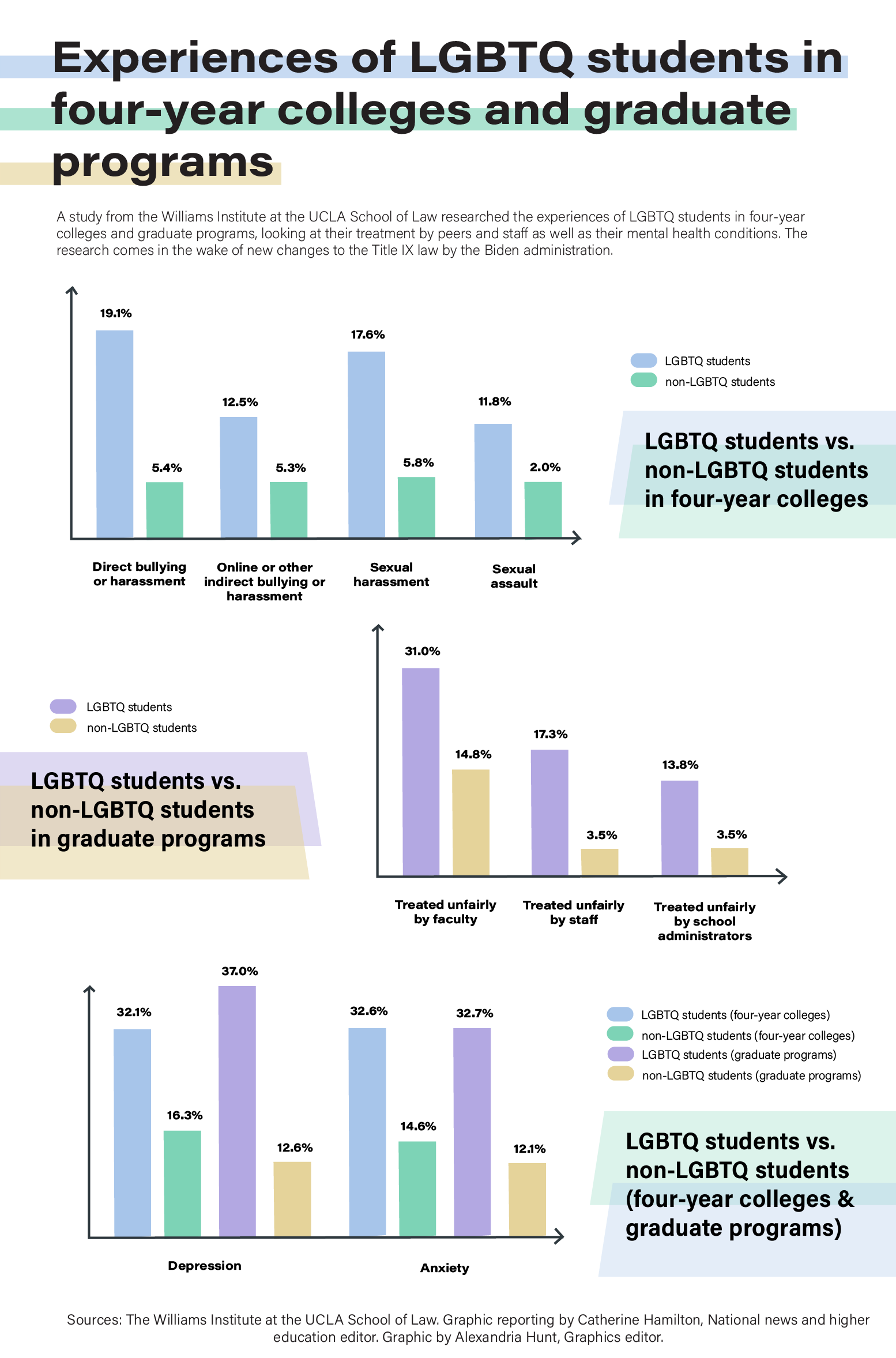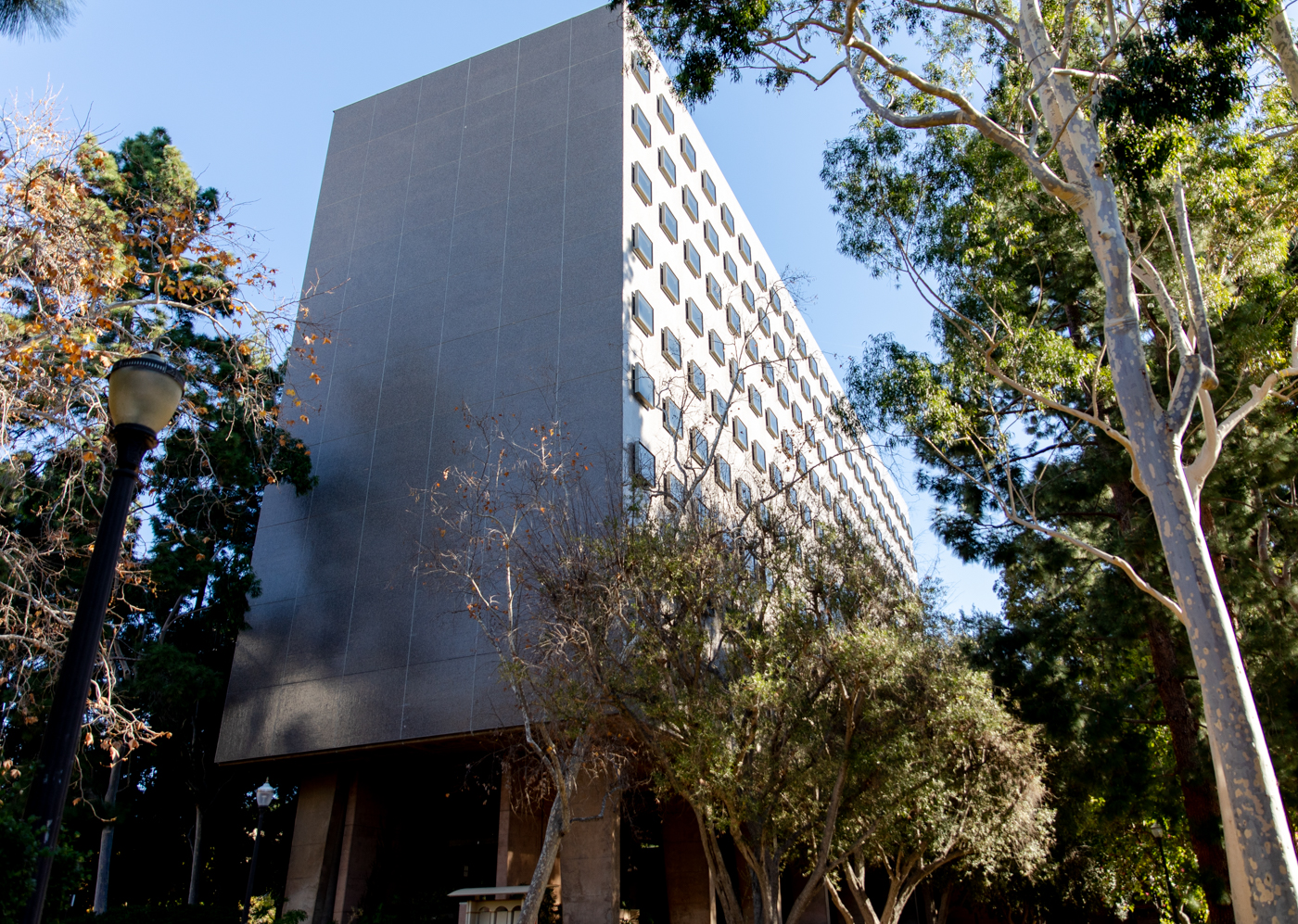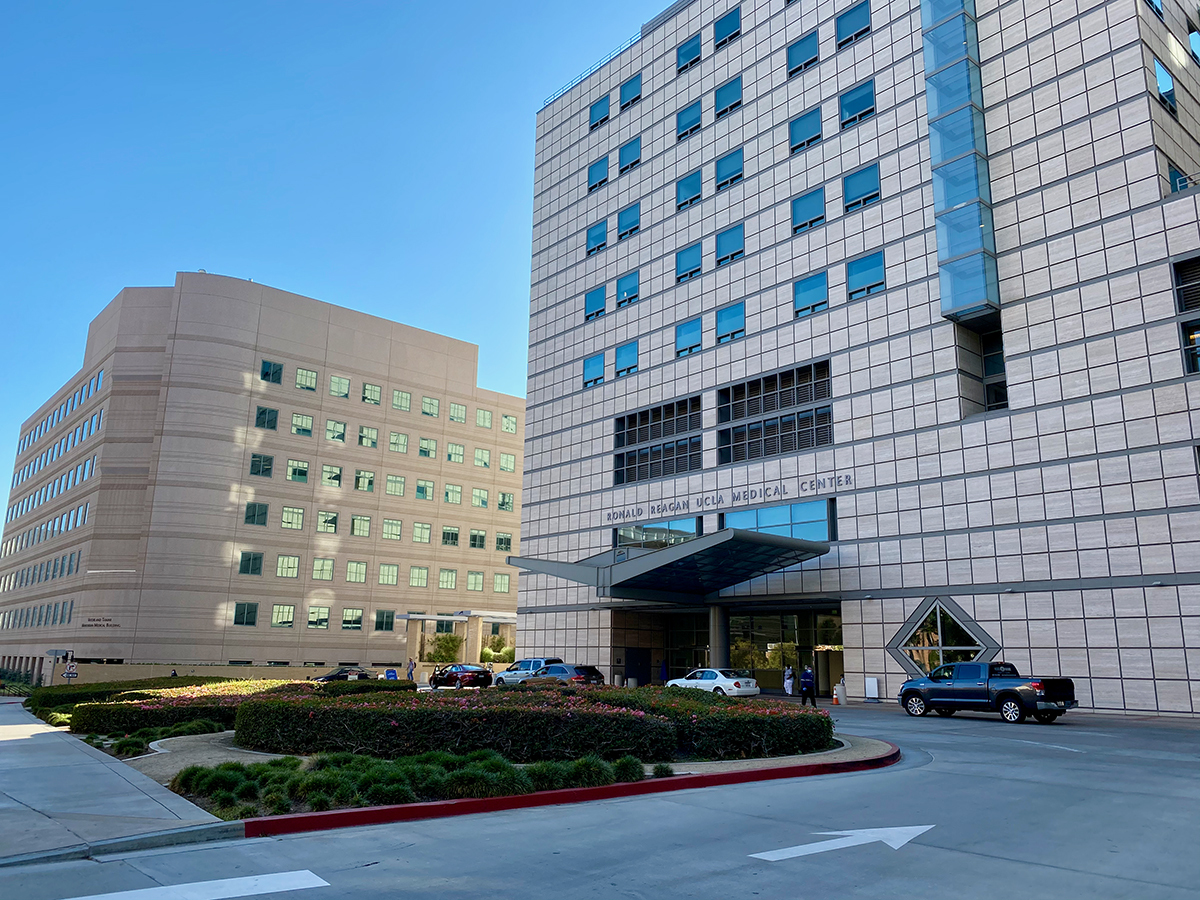UC’s Academic Congress on AI discusses its use in higher education
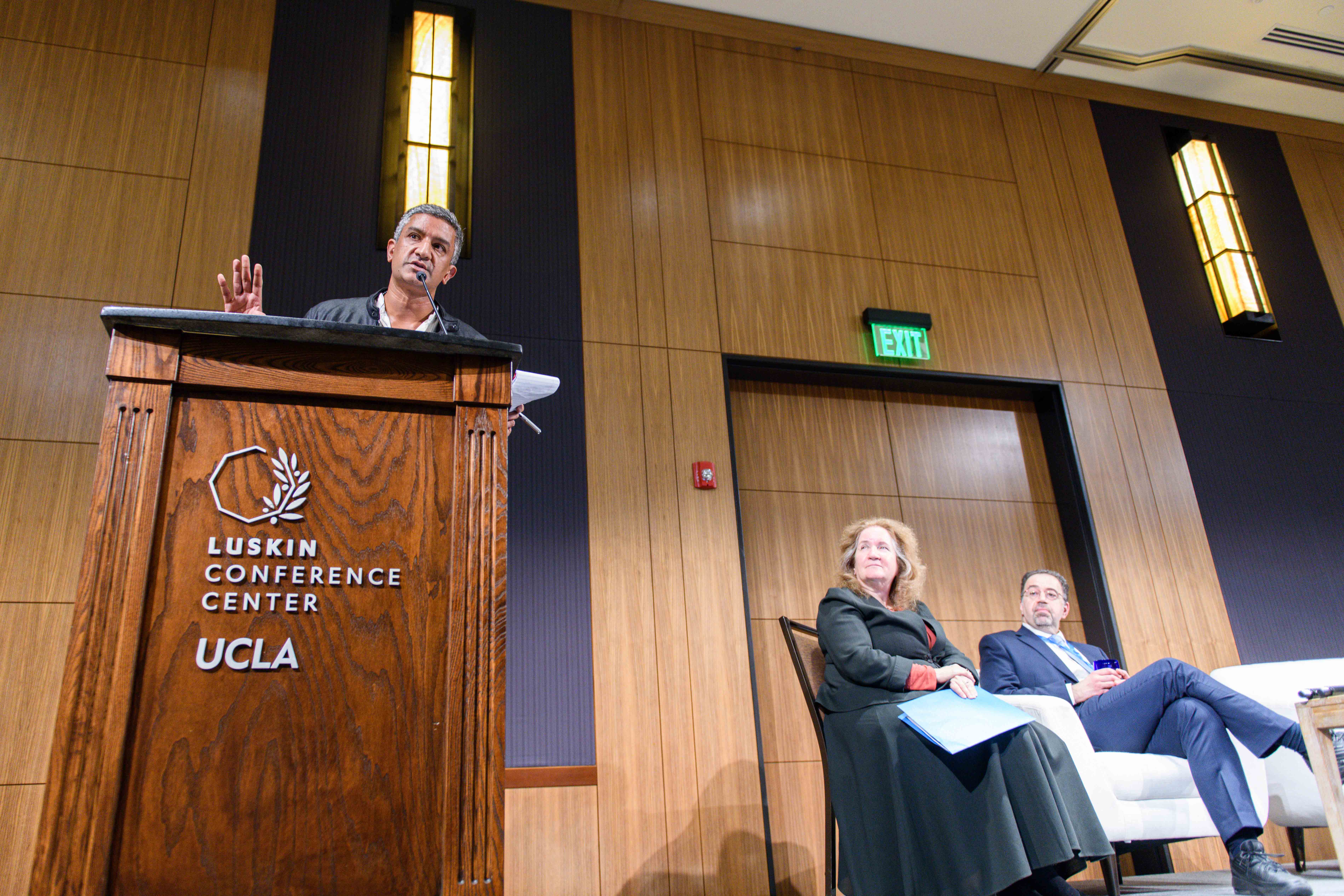
Ramesh Srinivasan (left), professor of information studies, is pictured speaking to the UC’s Academic Congress on Artificial Intelligence, while Katherine Newman (center-right), the UC provost and external vice president of academic affairs, and Daron Acemoglu (right), an economics professor at the Massachusetts Institute of Technology, look on. (Nicolas Greamo/Daily Bruin senior staff)
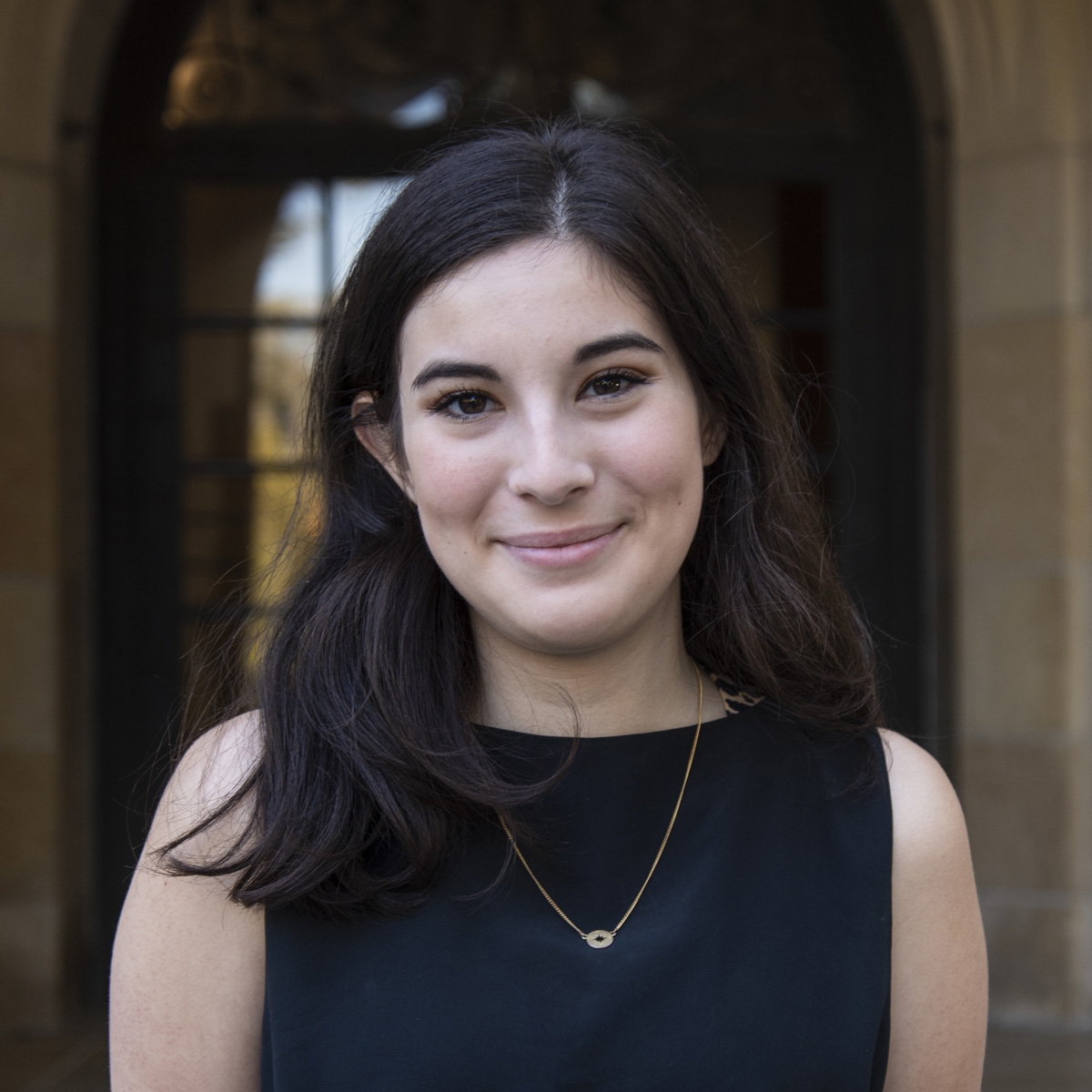
By Alexandra Kaiser
March 7, 2024 5:35 p.m.
The UC’s Academic Congress on Artificial Intelligence highlighted the economic and social risks of AI but acknowledged its potential at a conference Feb. 28 and 29.
The meetings, which were held at the UCLA Meyer and Renee Luskin Conference Center, focused on finding ways to use AI in higher education and included discussions involving AI safety and updating recommendations from the 2021 Presidential Working Group Report on the use of AI as a nondiscriminatory tool, according to the event invitation.
Daron Acemoglu, an economics professor at the Massachusetts Institute of Technology, gave the keynote address Wednesday evening, which was followed by a discussion between Acemoglu and UCLA information studies professor Ramesh Srinivasan. The discussion was moderated by Katherine Newman, the UC provost and external vice president of academic affairs.
Acemoglu said in his address that he thinks people must consider the difference between AI that automates tasks and AI that creates new tasks for human workers.
However, using AI for information gathering can also decrease informational diversity, which can lead to bias, he added.
“If AI systems tell us what to do, and we follow, that means there’s going to be much greater conformity in what we do and much less diversity,” Acemoglu said in his address.
Srinivasan said in the discussion that AI currently lacks many rules to guide its creation and use, adding that he feels it is important for attendees to pressure the government for answers about AI, including on issues such as what information users see and what information they don’t.
AI, along with its risks and benefits, is largely dependent on the people who have input into its development, Newman said in the discussion.
“Technology all by itself doesn’t tell us which way it’s going to go,” Newman said. “What tells us which way it’s going to go are the ways in which people organize politically and the ways in which they try to exert control.”
The UC currently uses AI in administrative operations and patient care, and UC faculty is conducting AI research in computer science and data science fields, according to the event invitation.
The congress also held seven sessions Thursday that covered how AI can be used in fields such as education, environmental science and health care.
Lisa Yeo, an assistant professor of engineering at UC Merced, said she attended the event to learn more about ways to reduce bias in AI, especially as it connects to agriculture, one of her research interests.
“We’re using these tools to help with decision support and decision in organizations,” Yeo said. “I’m particularly interested in how they’re being used and finding ways to make sure they’re used effectively.”
UC community members should teach students how to understand, use and lead these new AI tools, Srinivasan said in an interview after the event. He also said students have a right to demand this knowledge from their educators, adding that he hopes the conference showed students that the UC community cares about how AI will affect them.
“We’re at a public university, we should care about the public,” Srinivasan said in the interview. “The public starts first and foremost with our students, but it’s also about our city and our state and our nation and our world.”



